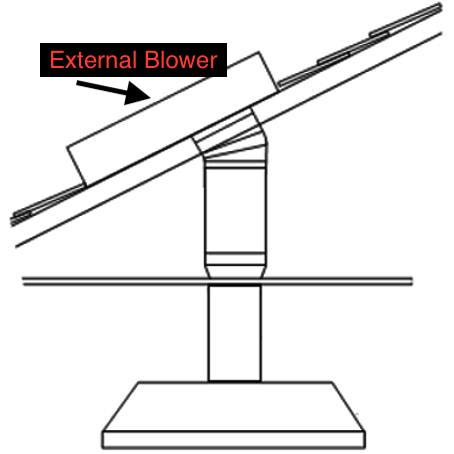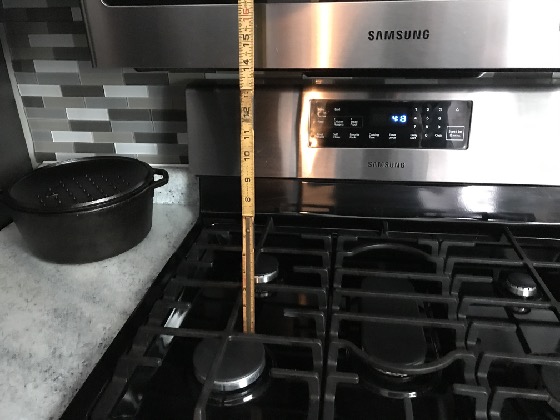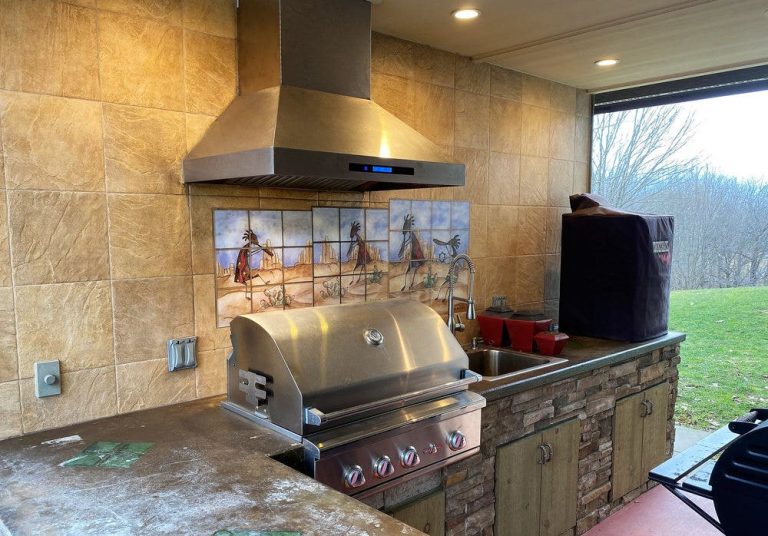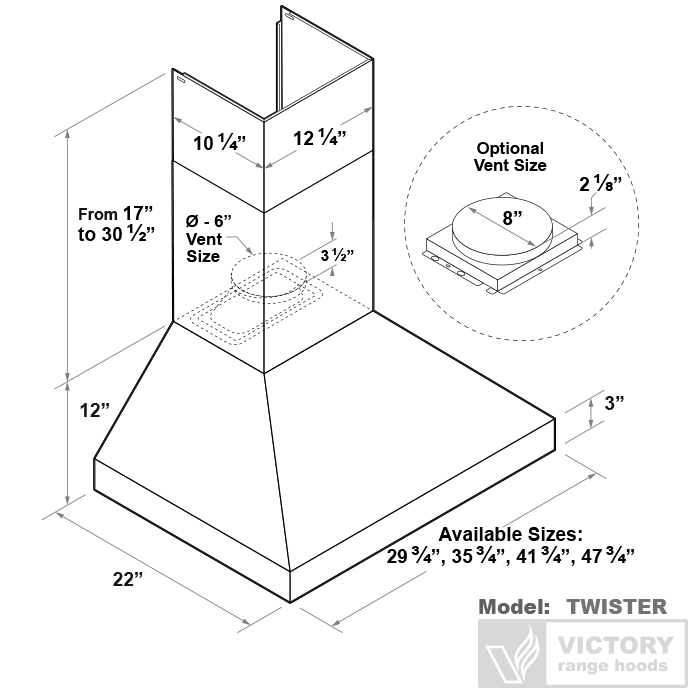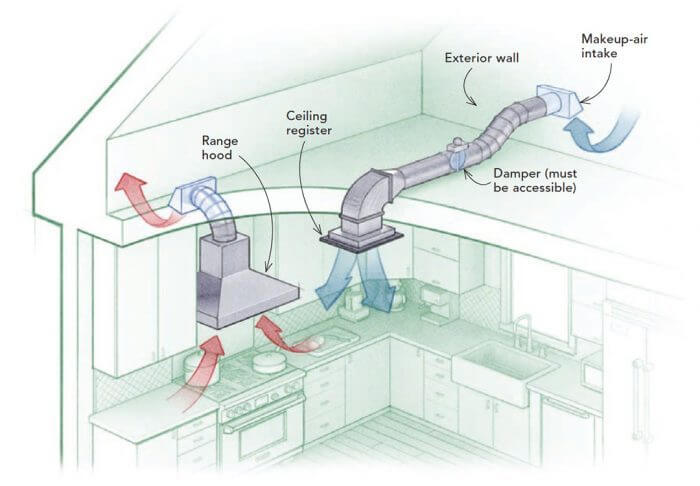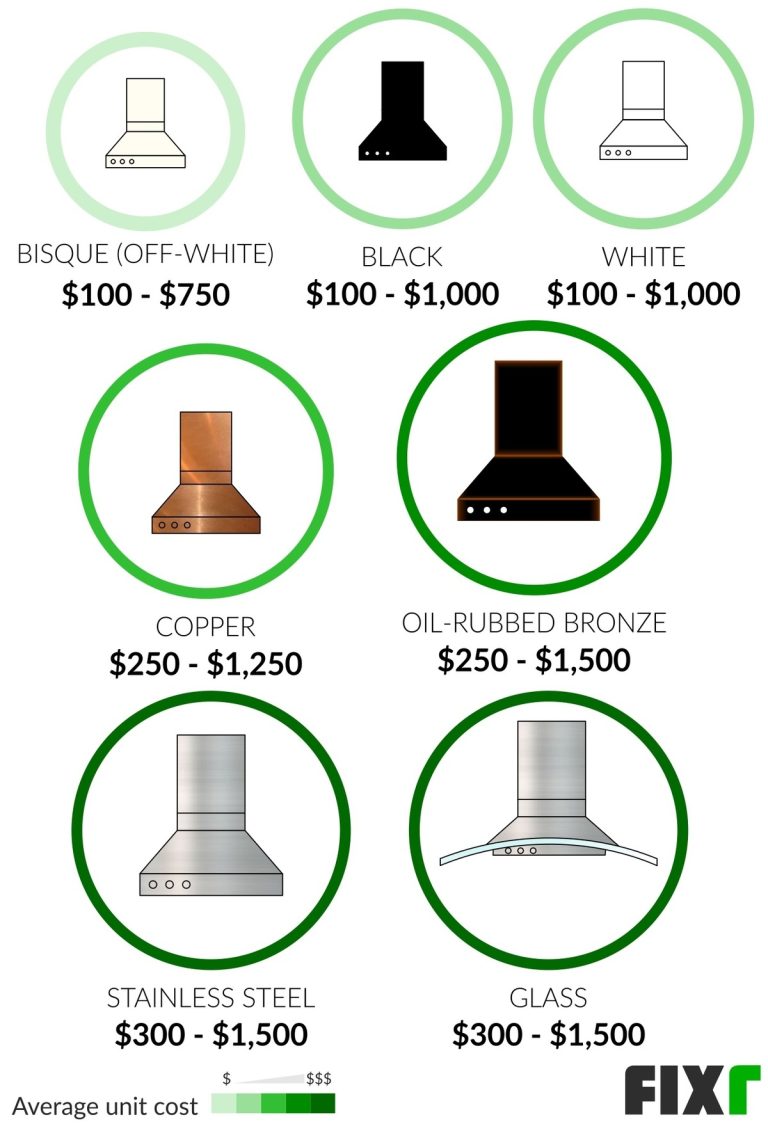Internal blower range hoods have the motor inside the hood, while external blowers have the motor installed outside. Both types offer distinct advantages and cater to different needs.
Choosing between an internal and external blower range hood can significantly impact your kitchen’s ventilation effectiveness and noise levels. Internal blowers are easier to install and maintain, making them a popular choice for many homeowners. External blowers, on the other hand, are known for their quieter operation since the motor is placed outside the living space.
This setup is ideal for larger kitchens or those who prioritize a peaceful cooking environment. Each type has its benefits, and selecting the right one depends on your specific kitchen layout, cooking habits, and noise tolerance preferences.
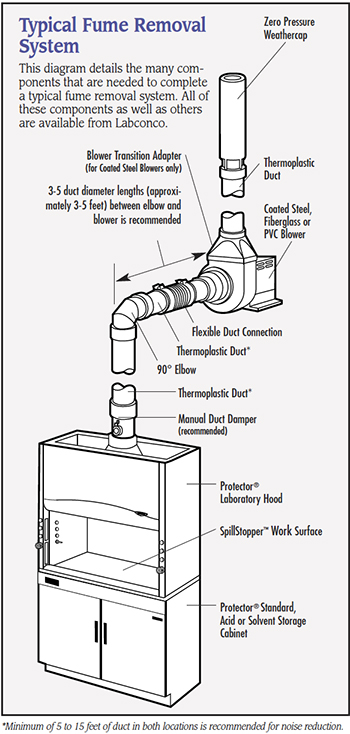
Credit: www.labconco.com
What Is An Internal Blower?
An internal blower is a built-in fan within the range hood that effectively extracts smoke and odors. Comparing internal vs external blower range hood options, internal blowers offer quieter operation and easier installation.
Definition
An internal blower is located inside the range hood. It pulls air from the kitchen. Then it pushes the air through a filter. It helps to keep the kitchen clean. The blower is often quieter. It is a good choice for small kitchens. The installation is easy and cost-effective.
How It Works
The internal blower uses a fan. The fan spins to suck in air. The air passes through a filter. The filter traps grease and smoke. The clean air is then pushed out. This process keeps the kitchen air fresh. The blower speed can be adjusted. It can handle different cooking tasks.
What Is An External Blower?
An external blower is a fan located outside the home, reducing indoor noise. Comparing internal vs external blower range hoods, the external option offers quieter kitchen environments.
Definition
An external blower is a device installed outside the kitchen. It helps to remove smoke and odors. This blower is placed on the roof or an outside wall.
How It Works
The blower pulls air from the kitchen. Then, it pushes the air outside the house. This helps keep the kitchen air clean and fresh. The blower uses a powerful fan to do this job.
Pros Of Internal Blowers
Internal blowers are easier to install. They come pre-built into the range hood. You don’t need extra space for an external unit. Fewer parts mean less hassle. This makes the setup faster. The process is usually simpler for most homeowners.
Internal blowers are often more cost-efficient. They generally have a lower upfront cost. No need to buy additional external units. Maintenance and repairs are usually cheaper. This can save you money over time.
Cons Of Internal Blowers
Internal blowers tend to be louder. The motor is inside the kitchen. This can make conversations hard. Noise can be distracting while cooking. Sensitive ears may find it annoying. External blowers are quieter. They are placed outside the kitchen. This reduces the noise level inside.
Internal blowers can have less power. They are not as strong as external blowers. This can affect their performance. Grease and smoke may not be removed well. Cooking can become uncomfortable. Strong smells might linger. External blowers can handle more smoke and grease. They are often more efficient.
Pros Of External Blowers
External blowers are placed outside the home. This setup reduces noise in the kitchen. Cooking becomes more enjoyable with less distraction. Families can chat without shouting.
External blowers have stronger motors. They remove smoke and odors more effectively. Kitchens stay fresher and cleaner. Better airflow means fewer grease particles. Appliances and surfaces last longer.
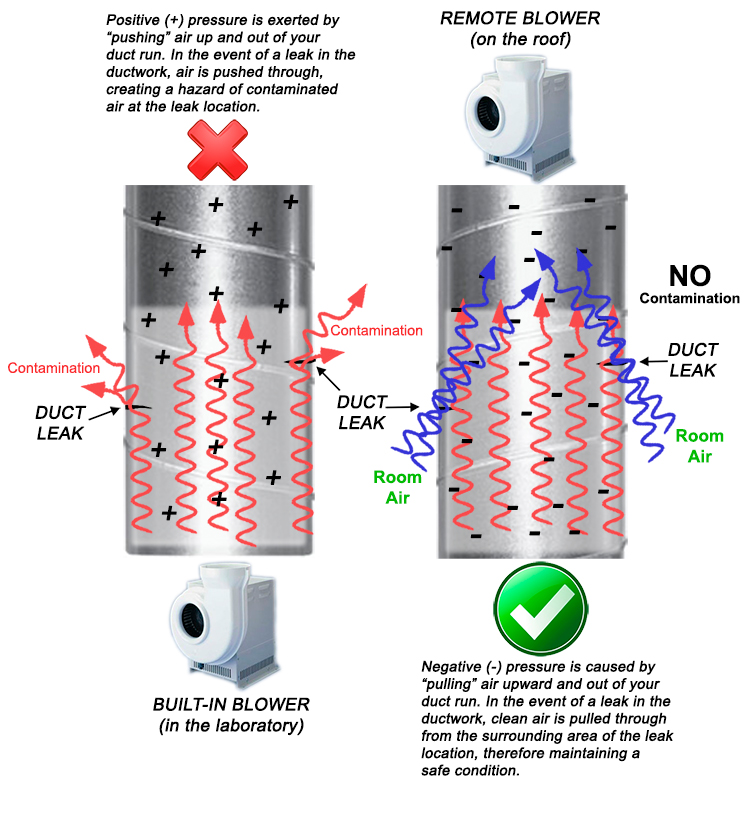
Credit: www.labconco.com
Cons Of External Blowers
External blowers need more work to install. They need special tools and skills. The process can be long and hard. Installing an external blower might need changes to your home. Some walls or roofs might need cutting. These changes add to the difficulty.
External blowers cost more than internal ones. The installation costs can be high too. You might need to hire a professional. This adds to the overall expense. Maintenance costs can also be higher. Long-term costs might be more due to complex parts.
Factors To Consider
The kitchen layout impacts your choice of blower. Small kitchens benefit from internal blowers. Large kitchens often need external blowers. An internal blower fits inside the hood. An external blower sits outside. Internal blowers are quieter in open kitchens. External blowers are stronger for big kitchens.
Budget constraints can affect your decision. Internal blowers are usually cheaper. External blowers might cost more. It depends on installation too. Internal blowers need less installation work. External blowers might need more setup. Consider both cost and installation.
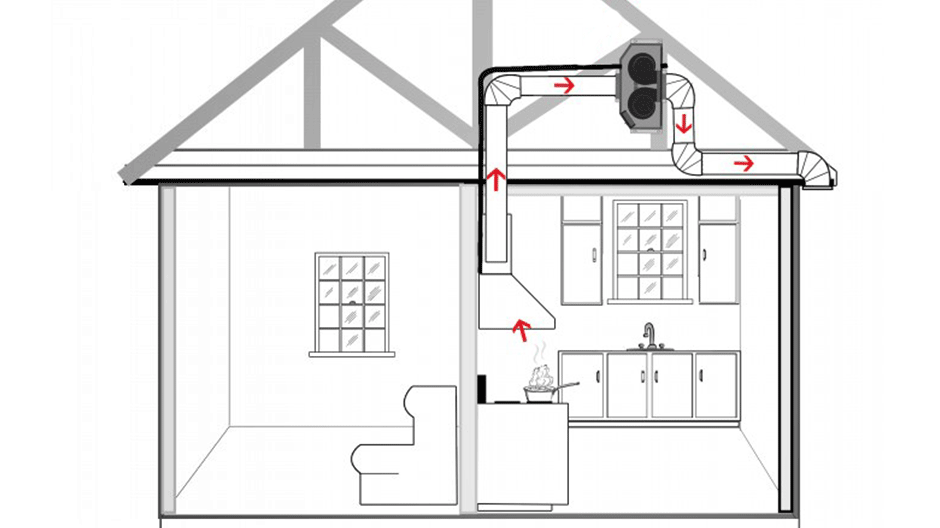
Credit: www.byhyu.com
Conclusion
Choosing between an internal and external blower range hood depends on your needs. Internal blowers are quieter and easier to install. External blowers offer more power and less indoor noise. Evaluate your kitchen’s layout, cooking habits, and budget. Both options have their benefits, ensuring a cleaner, healthier cooking environment.
